CROW CANYON PROGRAMS
Come explore the world with us and share the human experience
Our programs are designed to inspire and transform. Join us as we combine culturally diverse topics and locations with passionate and knowledgeable scholars.
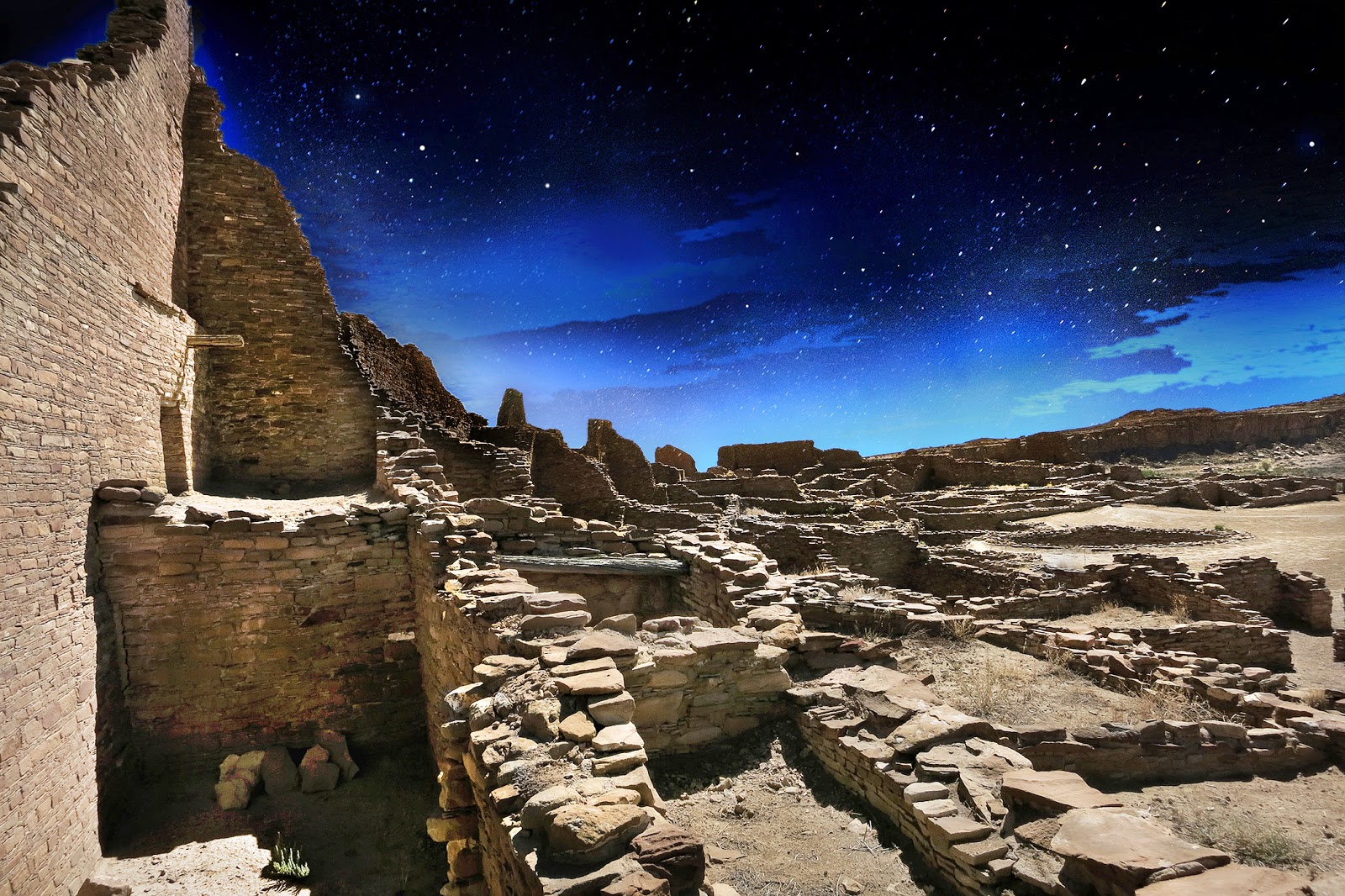
FEATURED PROGRAMS
Explore from home with our Crow Canyon Webinar Series
The Discover Archaeology webinar series was launched in 2020 to keep Crow Canyon’s community engaged at a distance. Guided by the principle that there are many ways of knowing the past, these events reflect diverse voices that contribute to our understanding of the past, present, and future. Our webinars are free and led by renowned researchers, cultural specialists, tribal members, academics, and experts.
Learn more about our program types.
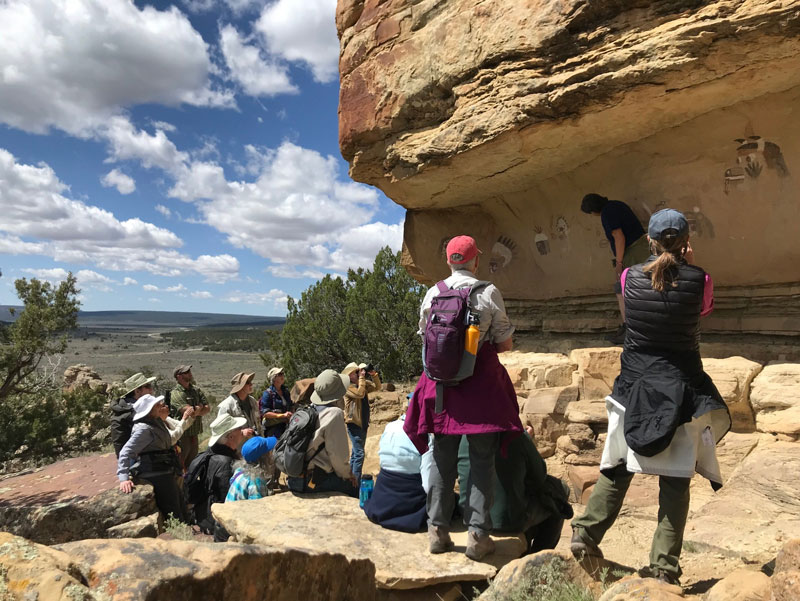
CULTURAL EXPLORATION TRAVEL SEMINARS
Change the way you see the world. Travel with Crow Canyon’s Cultural Explorations team—and discover the global context of human history. Program lengths and destinations vary.

DISCOVERY ARCHAEOLOGY WEBINAR SERIES
From our world to your world. Join us every Thursday afternoon at 4:00 p.m. for our popular (AND FREE!) Discover Archaeology webinar series.
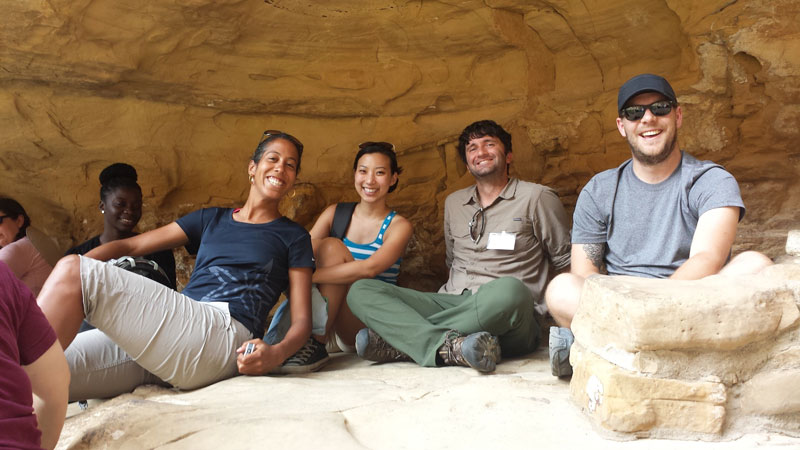
NEH SUMMER INSTITUTE FOR K—12 TEACHERS
Stay tuned for future program offerings
With support from the National Endowment for the Humanities (NEH), Crow Canyon hosts Seminars and Institutes for Educators. K–12 teachers have a unique opportunity to learn multicultural perspectives from Indigenous scholars and professional archaeologists, often with the U.S. Southwest as the backdrop for the project.
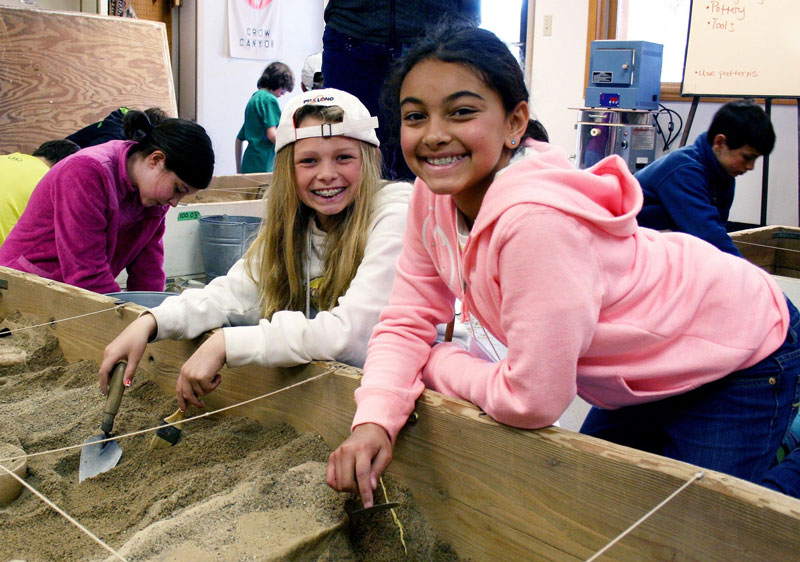
PROGRAMS FOR SCHOOL GROUPS
Programs are designed for students in grades 4 through 12. Core activities include archaeology, Ancestral Pueblo history, the scientific process, and the complex interactions between humans and their environments — past and present. Program modules vary depending on grade level and group size.
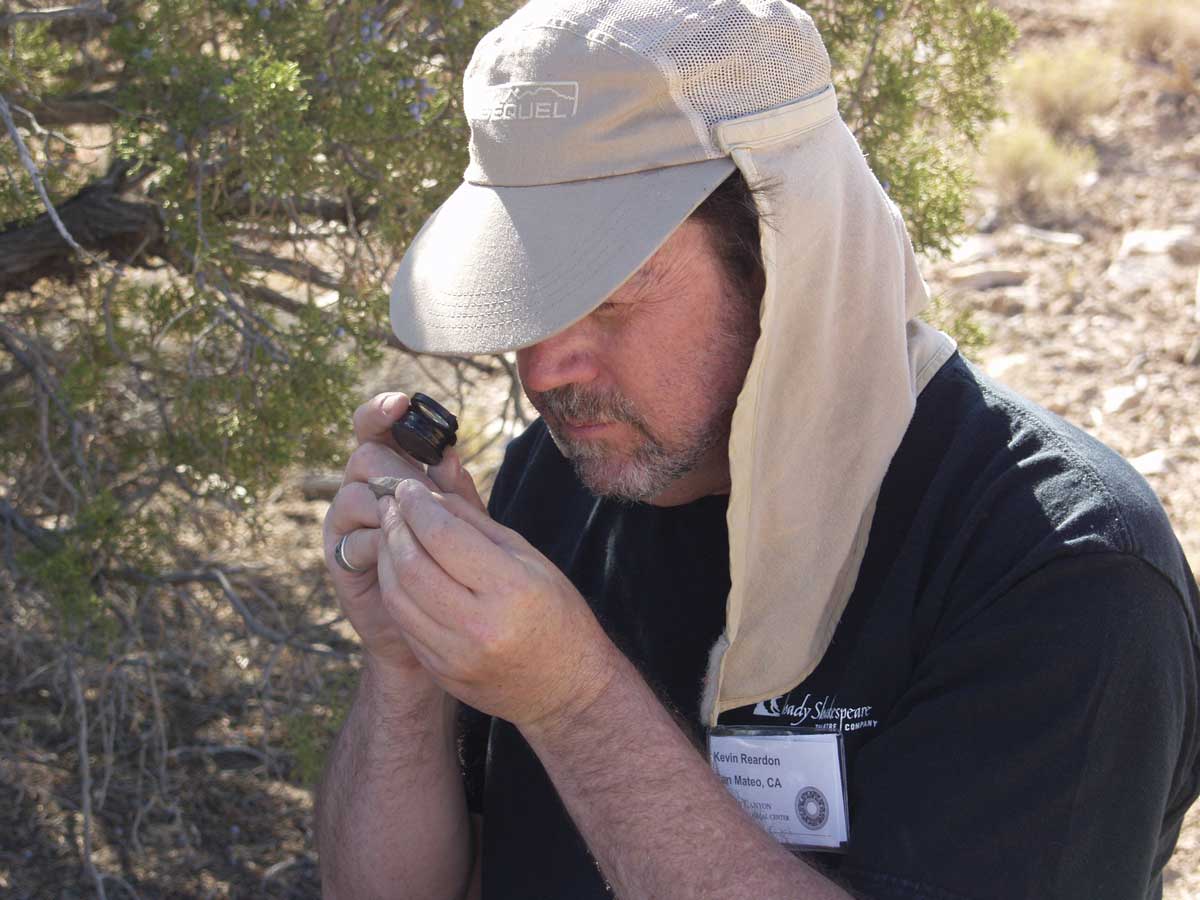
ARCHAEOLOGY RESEARCH PROGRAM
As a “citizen scientist,” conduct research alongside archaeologists and cultural specialists in an effort to help us build new, relevant understandings of the past. For lifelong learners 18 and up. Projects may vary.
